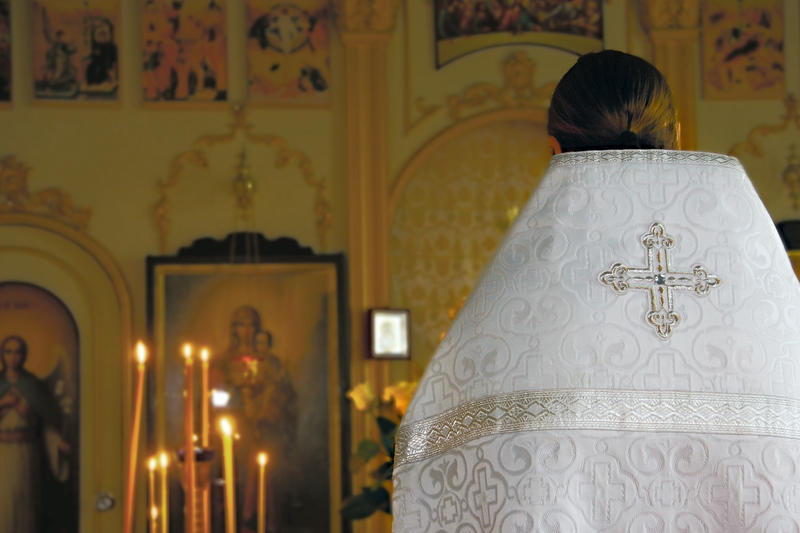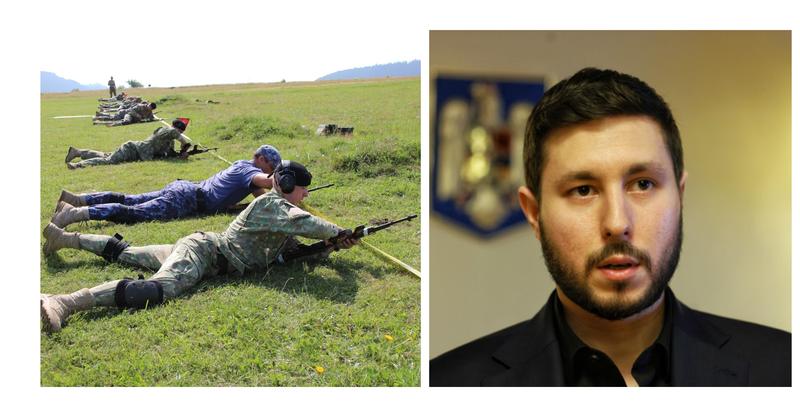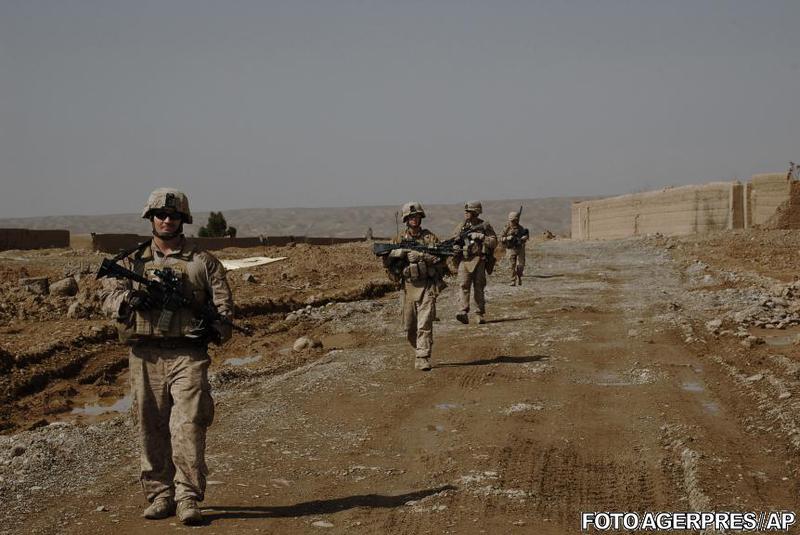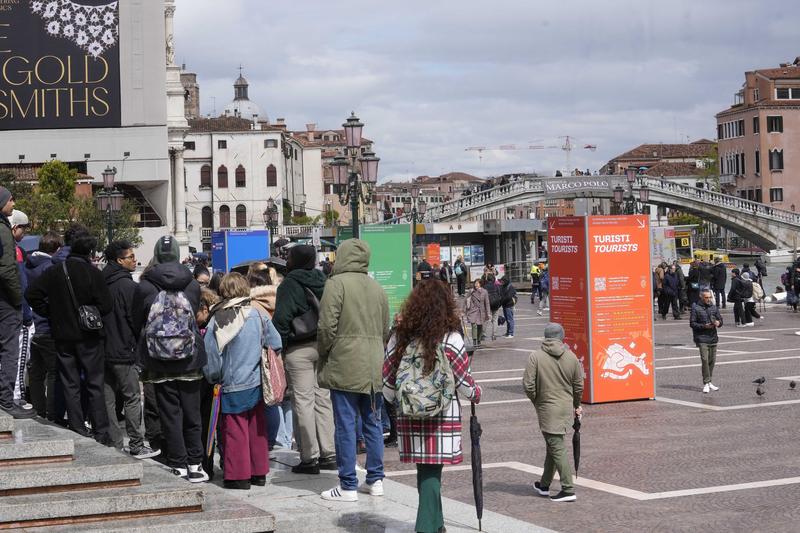Some 100 newspapers in Germany, Austria and Switzerland read about the recent violent events between Romanian immigrants and Italians. The tone of the articles is rather moderated as the German press does not wish to exacerbate the spirits. However, the citizen’s reactions are by far moderated.
Some even attack the fundaments of the European and national policies on migration issues and the tolerance level of the ‘bad fruits’ of the Union.
What the newspapers say
Frankfurter Rundschau on November 2 reads that Romanians need to depart Italy while the same author finds with surprise that Italians consider the violent explosion as a direct consequence of EU integration.
Moreover, he quotes that a European Union directive states clearly that if foreigners who cannot assure their minimum subsistence necessities and constitute a peril for the public safety can be expelled.
The author blames local politicians for not having dealt with the issues years before, when gypsies set up their camps in the suburbs.
Spiegel reads about a growing hatred against Romanian immigrants while Netzeitung.de refers to criminal statistics that rank the ethnic Rroma community as the most violent.
NZ online adds that in Italy Romanian immigrants have a lower education level while educated Romanians reach for Germany and Great Britain.
Suddeutsche Zeitung (SZ) mentions that Italian authorities intend to expel some 5000 Romanian immigrants. The paper adds that the Italian police, with the aid of Romanian authorities, fight against the violence of the gypsies.
Gypsy king, Florin Cioaba, living in Romania pleaded for a resolution in the country, not abroad, Mitteldeutsche Zeitung informs. Cioaba says that Romanian authorities need to secure new jobs and a better social protection to keep the people in the country.
Welt online considers that the gypsy barracks in the suburbs are a clear place for felons. Moreover, the paper adds that the issue is political as the Prodi administration needs to define itself, facing the conservative opposition as a government of law and order.
The article reads further that the issue is a European one and that Italy is most affected at this point. Therefore, there are more and more voice arguing that the problem needs a European solution.
However, one needs to take into consideration that one of the four European principles that stand at its formation is the right of free movement within the European Union member countries.
What the people say
Newspapers quote forum members arguing in more radical voices that law and order must be instated by each country.
Some argue that the European Union needs to deal with the issue globally and treat all Union members equally.
Others say that in a multicultural society, the violence and crimes of some ethnic communities are ignored, for the sake of maintaining the fa?ade.
Moreover, some voices argue for criminals to be expelled from the country if the authorities fail to contain them.




















